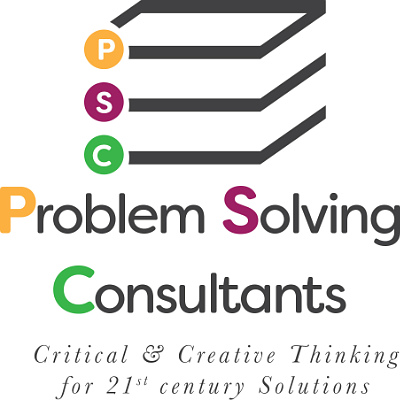To say that the collective journey we’re experiencing in 2020 has been interesting is an exercise in trying to find the perfect understatement. Since I’ve had some self isolation time forced on me as a result of recent surgery, I’ve taken advantage of the chance to try to collect my thoughts and make sense of them. I expect this posting to be just the first installment, if you’ll indulge me.
In the midst of the COVID-19 situation, my journey with Jake (my beloved black Lab) came to an end. Keeping everything in perspective, I know that the losses suffered by far too many families since the beginning of the year are immeasurable and still too new. Trust me, I know the feeling. The loss of any family member, be it human, canine, feline, equine, etc., is something where we each have to find our own way in our journey through grief. No two people are going to experience grief in the same way. I won’t presume to think that my own grief experience is the way anyone else should experience grief. In all honesty, I didn’t make the journey after the first step. Because of my unique circumstances, I swept my grief aside and took care of other things that were and still are, so very important. What’s interesting has been how Jake’s passing has forced my attention onto an area of my life that I can no longer keep swept under the rug. It’s time now to return to where I stopped my grief journey and start moving forward again. I have a close group of family and friends who will help me complete the journey properly this time. I know that it’s okay to cry (they’ll have the tissues ready), it’s okay to be angry, and it’s even okay to share a few laughs.
I don’t know when or how the journey will end but it will. I’m very confident of that. I don’t want to miss out on a single moment of what’s ahead in my life’s journey. I’m glad I’ve come to that realization, late though I may be. What’s important is that we continue to put one foot in front of the other, figuratively link arms with those who are sharing their life journey with us, and keep moving on.
